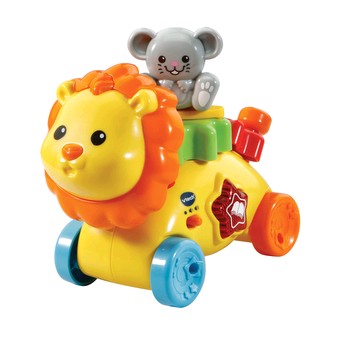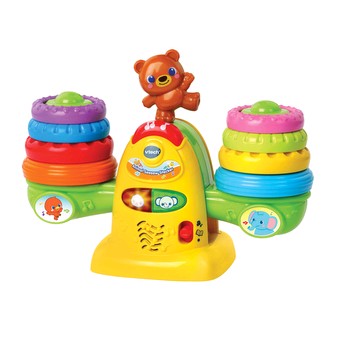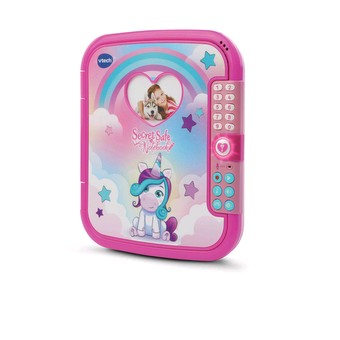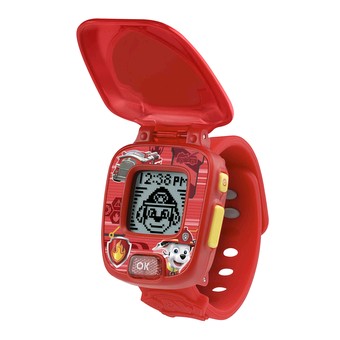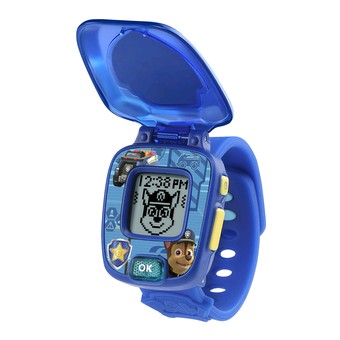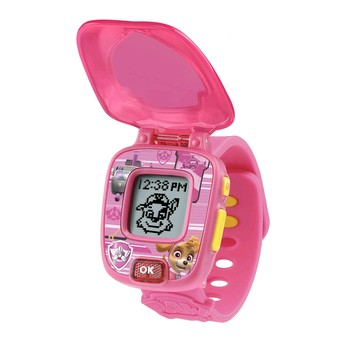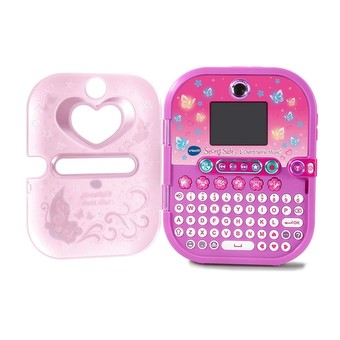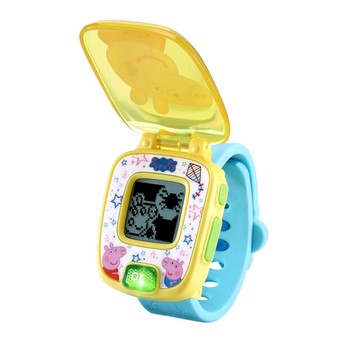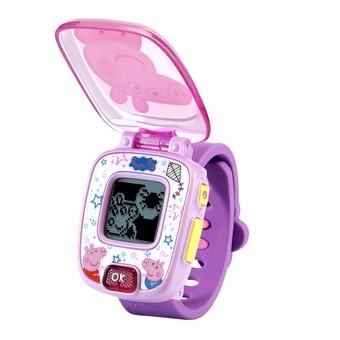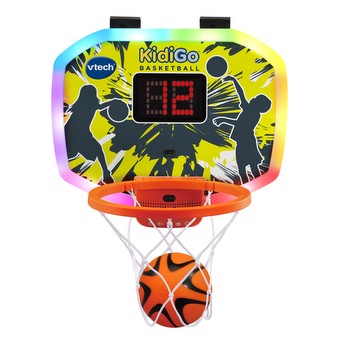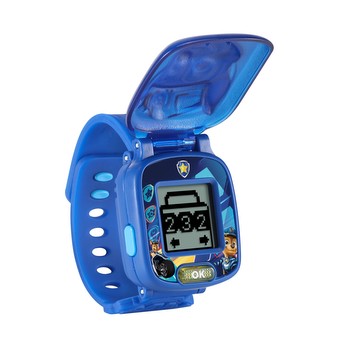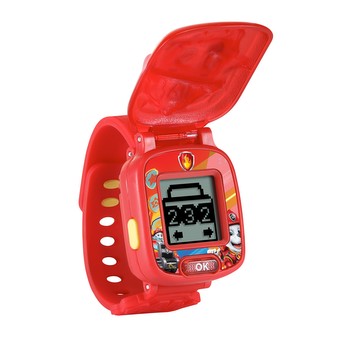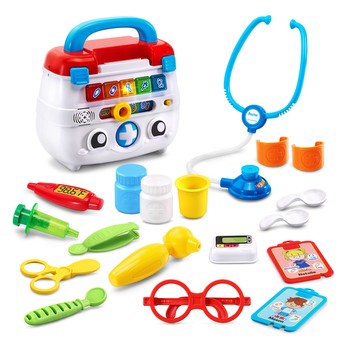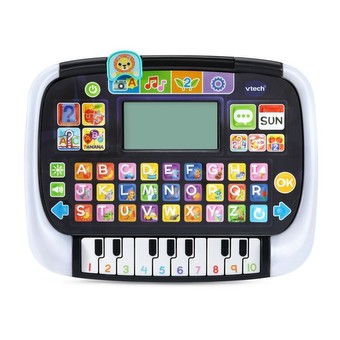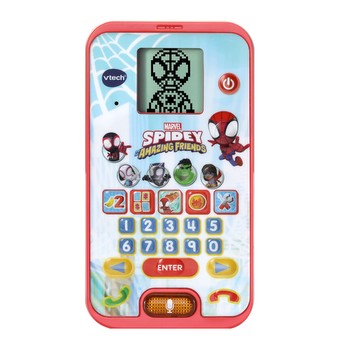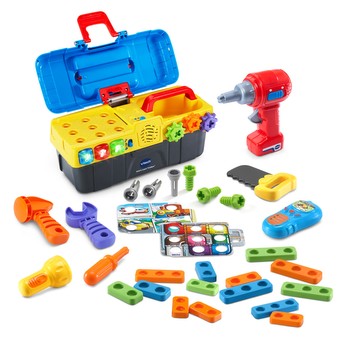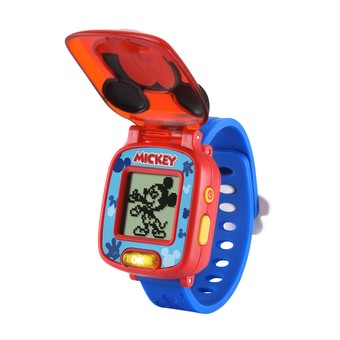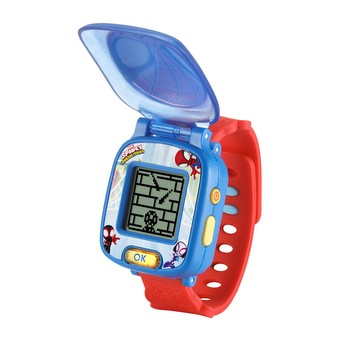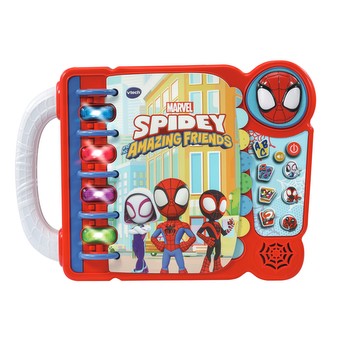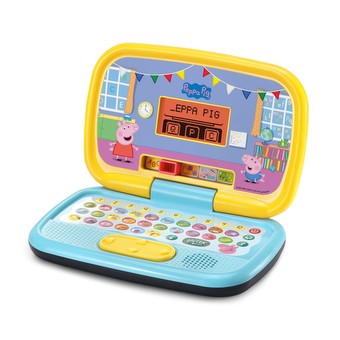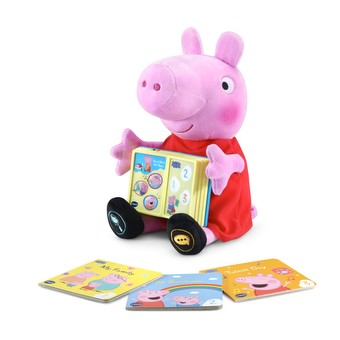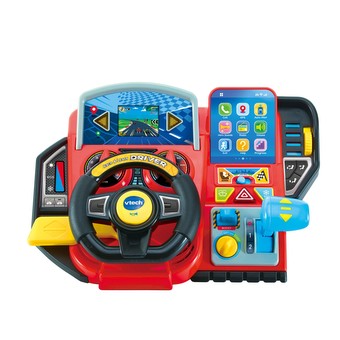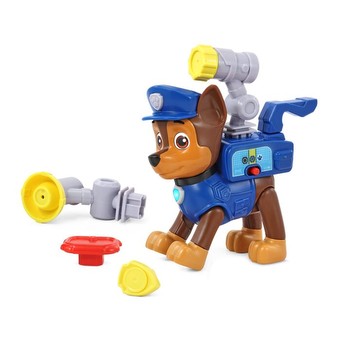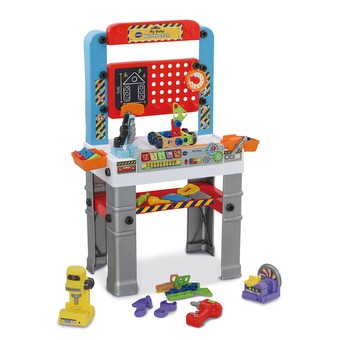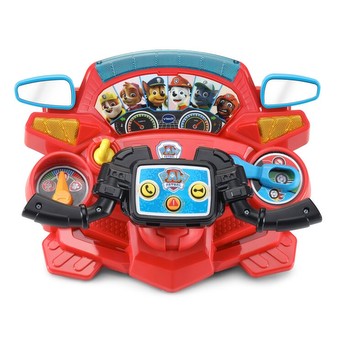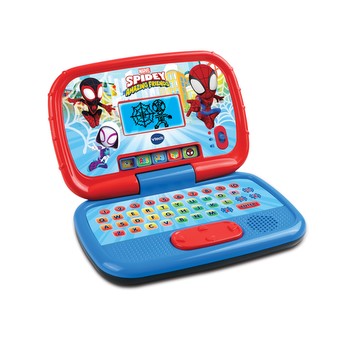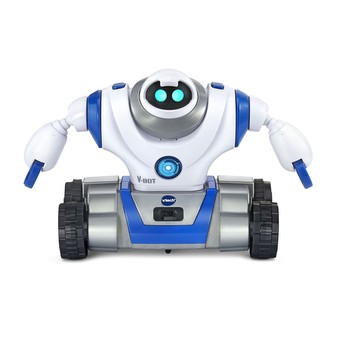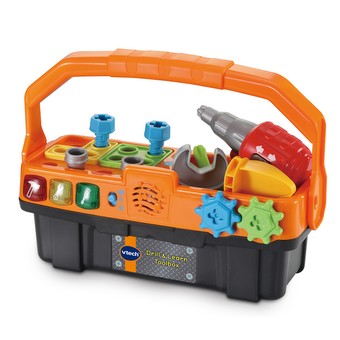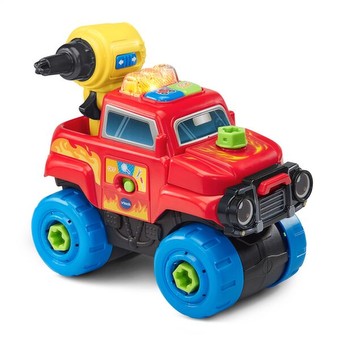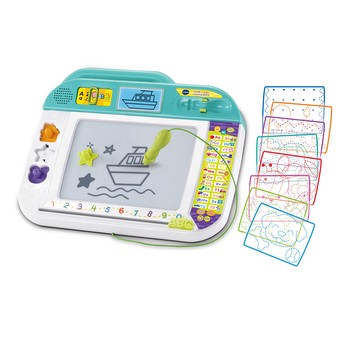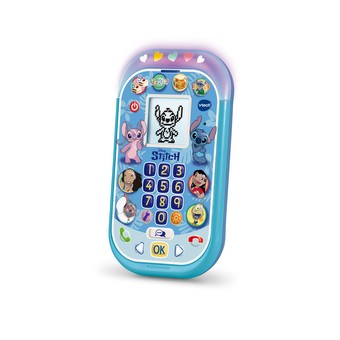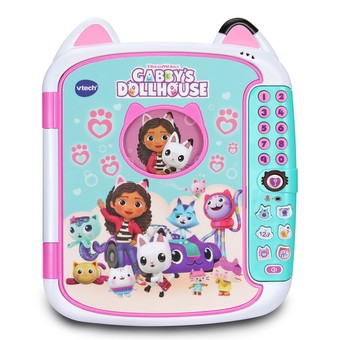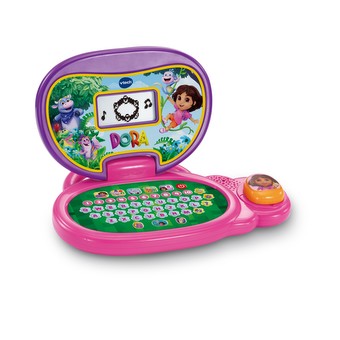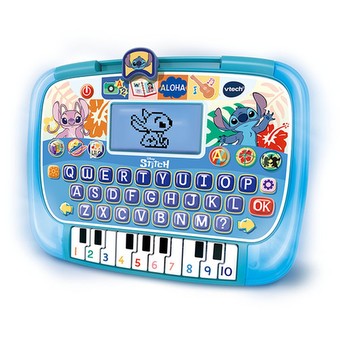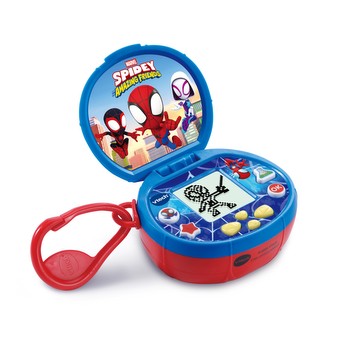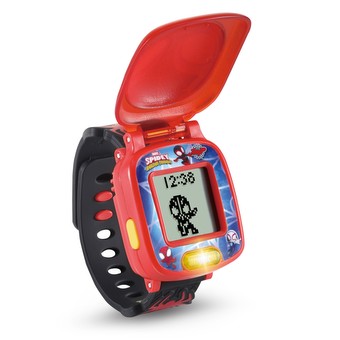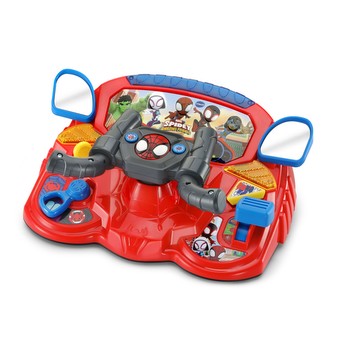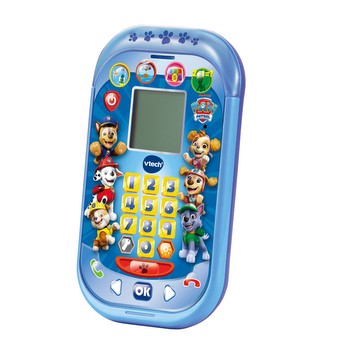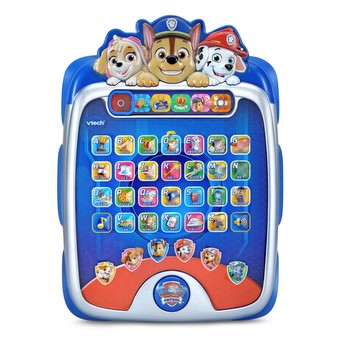Develops logic skills and strategic thinking through memory.
Babies become increasingly adept at solving problems as their motor skills become more finely tuned. Problem solving in infancy and childhood is about directing attention towards a goal and behaving in such a way as to achieve a successful outcome. For instance, a young infant who sees an adult hide a toy under a blanket will cease to look for it whereas an older infant will pull away the blanket to reveal the toy. These types of actions are the foundations of problem solving behaviour. Babies and children love games where they have to find a hidden object; they can have fun and at the same time increase their problem solving capabilities.
Babies love to explore and experiment with the world. At the end of the first year infants are exploring the features of objects by handling and playing with them in new ways. For instance, when babies are trying to fit a block through a hole they will twist, turn and push it until it fits through the space. Babies are also expanding their problem solving skills by learning to look for objects in more than one place. Adults can help with the development of problem solving in young children by directing attention to the potential solution to a problem. As children grow they learn to direct their attention and plan their actions. Thinking about actions ahead of time and planning what do next is all part of problem solving. Playing games, whether it is on a computer or with another person can enhance problem solving skills.











































